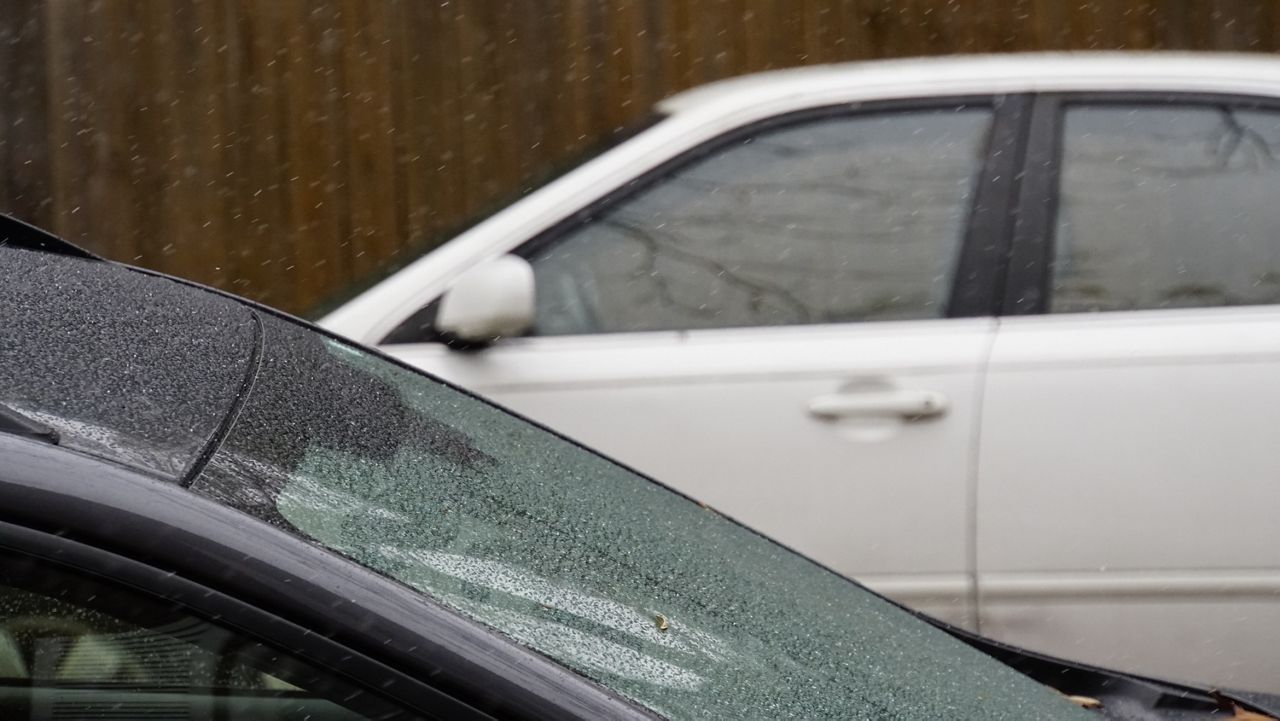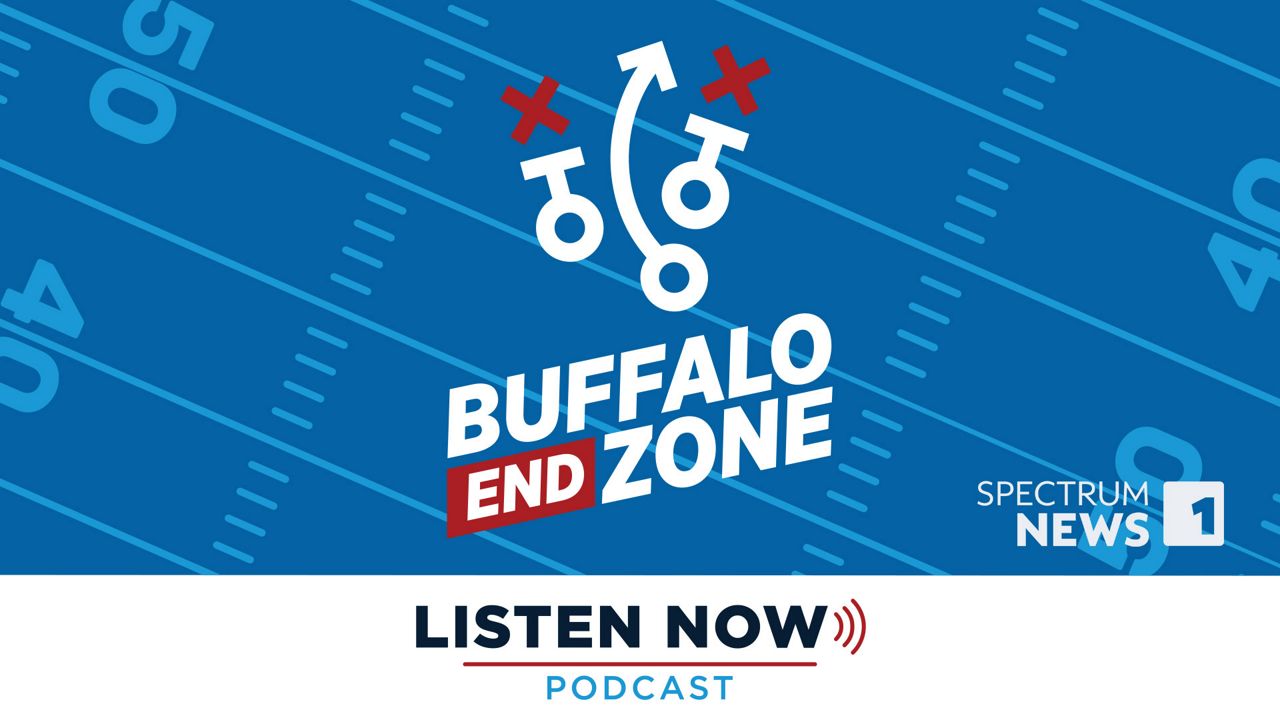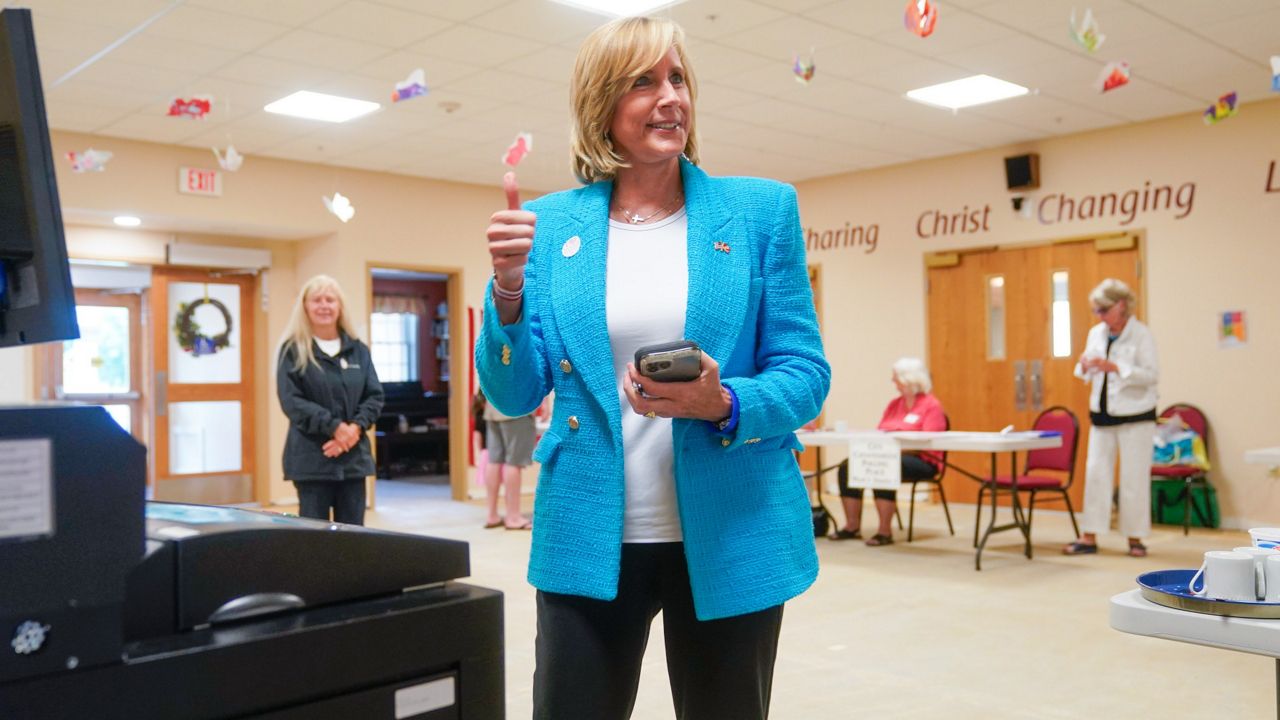With schools across New York state closed through at least May 15, many parents are continuing to take on another role as teachers.
It can be a tough task – one made even more difficult for some families who have students with special needs. And many parents are still working from home or outside of it as essential workers, and teaching multiple siblings.
"I know there's a light at the end of the tunnel, but we don't know how long the tunnel is," said Dana Marciniak, a Buffalo mother of two boys.
Her 10-year-old son Ian has autism. He's non-verbal but does use a communication device.
Dana says the fifth grader at Buffalo's Public School 156 has handled the transition fairly well, with plenty of communication from his teachers.
However, she does notice some changes in behavior out of his normal routine.
"There are days I find he gets a lot more frustrated a lot more quickly," Dana said. “And I am not a behavior therapist and he doesn't normally lash out at me."
While Dana says Ian's been able to keep up with his school work, other parents are finding that more difficult. Jasmine Hardy has a ninth grader at Buffalo's South Park High School who has an individualized education program, or IEP. Jasmine is worried her daughter Briyana is falling further behind without the school structure while she tries to do her assignments online.
"Trying to get her to do her school work now is much harder than it was when she was in school because now it's like, 'It's on the tablet, I'll do it later,'" Jasmine said.
She also has a 5-year-old son, James, with autism. While his kindergarten teacher checks in weekly, Jasmine says it's hard to make her house more like a classroom.
"It's messing him up really bad, because we don't have a constant routine. Every day you wake up, it's crazy," Jasmine said.
The federal and state Education Departments require districts to provide help to special needs students during the COVID-19 crisis – but they also leave flexibility for the schools on how exactly to do that.
"This is a whole new way of doing school. And while we're coming through it, we're building a bridge one slat in front of us at a time," said Mark Laurrie, Niagara Falls City School District superintendent.
He says his district is pushing communication between teachers and parents over the phone, especially for kids with disabilities.
Some services like physical and occupational therapy will have to be made up later. But he believes the kids will be OK whenever school resumes, even if that's not until September as educators plan for that possibility.
"They're resilient. They'll bounce back. We'll be able to set up methods to get kids extended time and extended ways to do learning," Laurrie said.
Kristi Moscato has two kids at Hamburg Middle School. Her daughter Zoey needs that added help with learning, and she's had a tough time adjusting. She's having some difficulty with the material, and trouble sleeping.
"I'm going to be curious how they handle kids like Zoey who need extra attention and extra support," Kristi said. "It’s hard because I’m her mom and she doesn’t want to listen to me and I may teach differently than the teachers teach or present things in a different way. Like the math for example, I don’t understand the new math, how they’re teaching"
While dealing with her own situation, Kristi is also lending a hand to other families – as a community engagement manager with the Parent Network of Western New York.
They're taking phone calls, providing websites and opening up chats with experts in education, behavior and more to help parents through this.
"A lot of us are living this as well. The majority of our staff are parents and family members of kids with disabilities, so we get it. We get it," she said.
Her best advice to parents: reach out to places like the parent network, your school district, other families – and don't be too hard on yourselves.
"Use your natural resources. Lean on each other. Be there for each other," she said.










